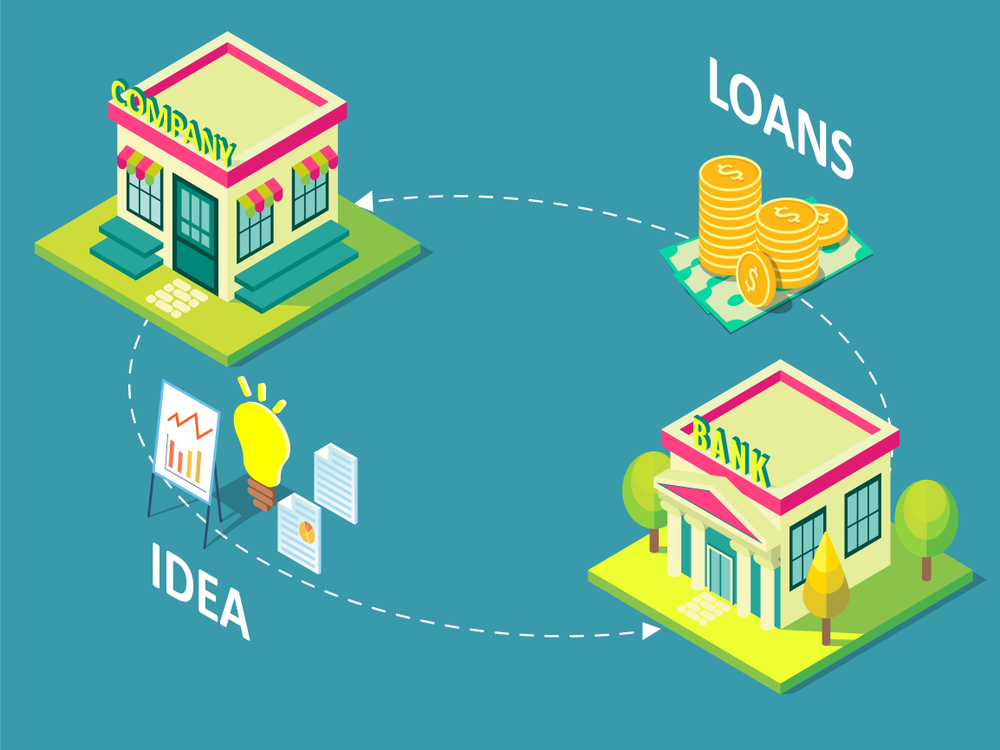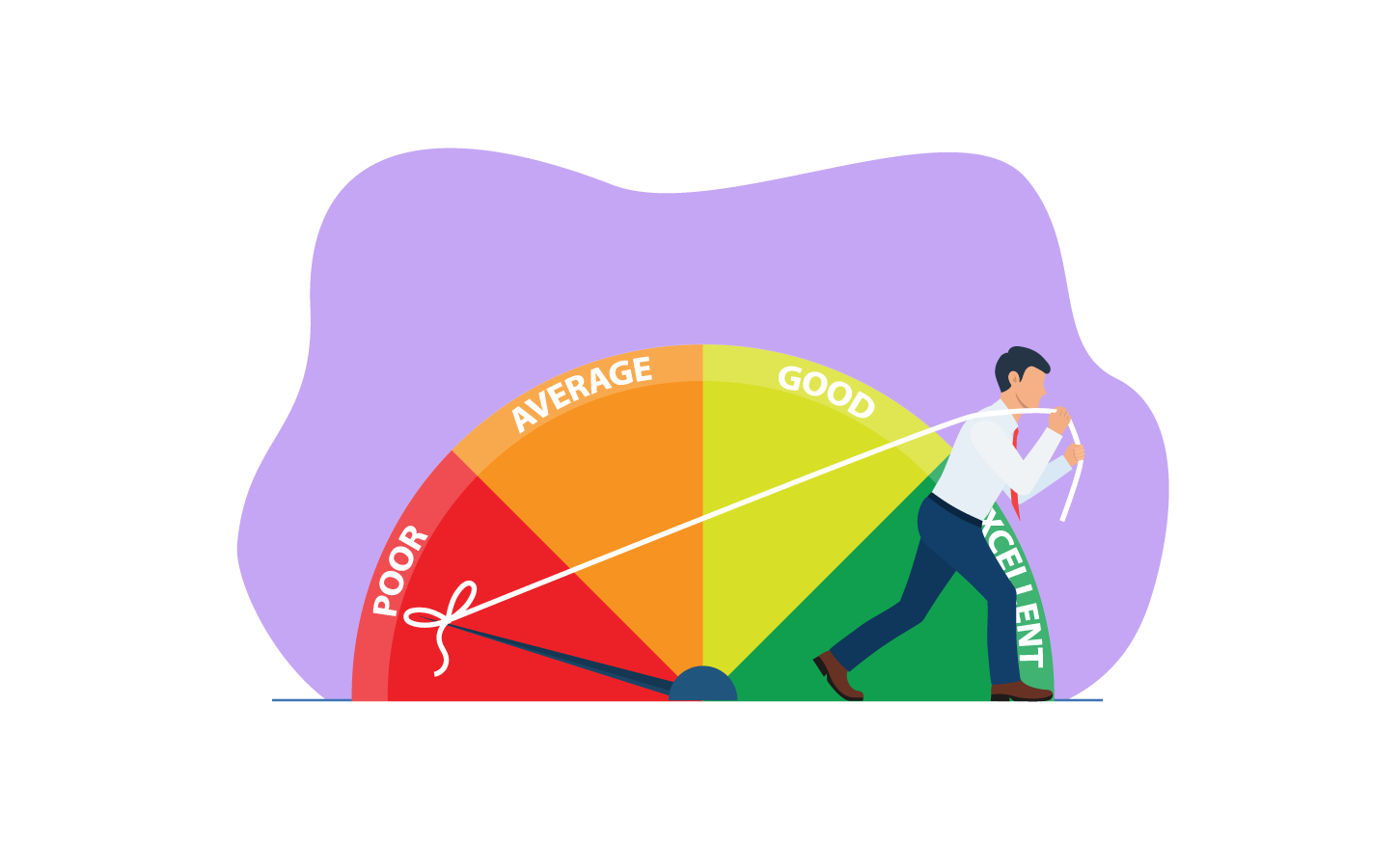Staying on top of your finances and maintaining steady cash flow isn’t always as easy as it seems. It’s one thing to keep your spending in check when everything goes to plan, but unexpected expenses can quickly throw your plans out the window. This is truer than ever in Singapore, where the cost of living is infamously higher than almost anywhere else in the world. Medical bills, car repairs and emergency home maintenance are just some of the many inevitable costs that are almost impossible to anticipate.
If you do find yourself in money trouble and sweating over whether you can make it to payday, you may be considering borrowing money to help you stay on your feet. Payday loans can be a useful way to bridge the gap until your salary comes through, but it’s important to know how they work before you
sign on the dotted line – no matter how desperate your situation is.
What is a payday loan?
As the name suggests, a payday loan is a loan provided to borrowers who need money urgently and can’t wait until their next paycheck arrives. By taking out this loan, you effectively move your paycheck forward and repay the lender with interest. Loans of this type are unsecured and therefore do not require any collateral, as opposed to a mortgage or car loan. This means the lender will charge you a higher interest rate given they are accepting more risk than a secured loan.
Payday loans may sometimes be packaged under a different name, including but not limited to:
- Cash advance loan
- Instant cash loan
- Bad credit loan
- Salary loan
- Paycheck advance loan
How much money can I borrow?
Payday loans are typically small, given they are designed to be a short-term solution that you can repay entirely with your next paycheck. The maximum amount for any unsecured loan is limited by law based on your annual income and residency status:
| Annual income | Maximum loan amount | |
| Singapore citizens and PRs | Foreign residents | |
| Less than $10,000 |
$3,000 |
$500 |
| $10,000 – $20,000 | $3,000 | |
| $20,000 and over | Six times your monthly income | |
Are there any alternatives to a payday loan?
A payday loan is one of several options you may take to cope with short-term cash shortages. Some choose to take a payday loan because the money can be used for any purpose, they are relatively easy to qualify for, the process is quick and you do not necessarily need a good credit history.
However, payday loans cannot be paid back in instalments. Factoring in the high-interest rate and penalties for late payments, this means you must be able to repay it in full with your next paycheck to avoid snowballing debt. If you won’t be able to afford the repayment when your paycheck arrives, consider an alternative instead. Personal loans, for example, have lower interest rates than payday loans and can be paid back in instalments, which spreads your repayments over a longer period of time. You may also be able to qualify for a larger loan subject to your credit score.Some personal loans are geared towards a specific purpose, such as weddings or hospital bills. If you have a specific need for the money, it’s worth researching a tailored personal loan to see if you can take advantage of more favourable terms and interest rates.
Compare payday loans in Singapore
Before applying for a payday loan or any other type of loan, it’s important that you compare a variety of offers to ensure you find the best deal for your individual circumstances. CompareSing makes it easy to compare payday loans, weigh up interest rates, check the fees and make an informed choice.
About the Author

Led by a team with invaluable expertise across Singapore’s licensed moneylending, banking, and finance industries, CompareSing provides users with a streamlined yet informative experience at every step of their loan journey.


















